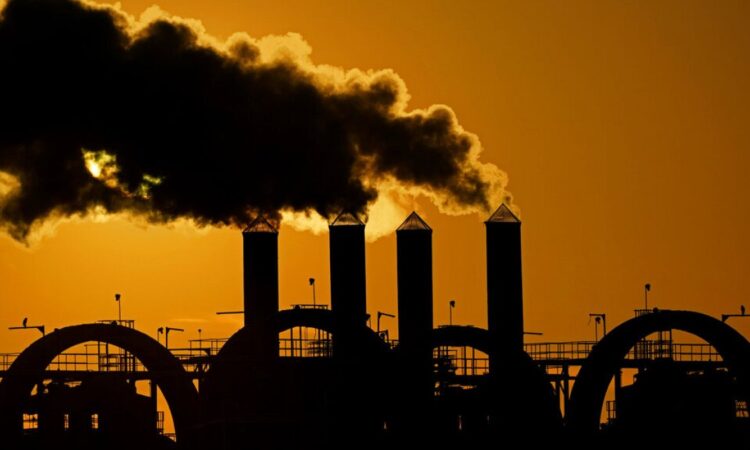
Supervisors mull extra capital charges or even daily fines on lenders that don’t clean up their act
Banks are lending disproportionately to high-polluting sectors, a report by the European Central Bank said, after supervisors threatened daily fines for lenders that don’t pay heed to climate change.
The ECB report was published just after the COP28 conference in Dubai called for a transition away from fossil fuels – the first time a UN climate summit concluded with a call to address the main cause of the climate crisis.
“Banks have a key role to play” in cutting the financial stability risk of emissions, said the report, co-authored by the ECB and EU stability watchdog the European Systemic Risk Board, with high-emitting sectors over-represented in banks’ books.
The report threatens to penalise banks whose assets raise climate change concerns, in a bid to ensure the financial system aids a transition to greener energy.
Regulators already require banks to hold capital to protect against the risk of their loans turning sour, as happened on a large scale in the 2008 financial crisis.
The report suggests an existing policy tool known as the systemic risk buffer could be used to target extra capital requirements to help the environment – effectively making it more costly to issue loans to oil companies or mortgages for flood-prone homes.
ECB banking supervisor Frank Elderson has already threatened financial penalties on banks for each day that they fail to take account of climate risk – and the new findings have been welcomed by those looking to encourage responsible investment.
The ECB report “underscores the pivotal role of banks and insurers in addressing climate- and nature-related financial risks, emphasising the need for a holistic approach across the financial sector,” said a spokesperson for ShareAction, a UK charity whose members include Oxfam and Greenpeace.
The news comes after EU lawmakers agreed new rules on corporate sustainability due diligence, which ShareAction said represent a “step in the right direction,” requiring financiers to integrate climate change into decision making.
In a blog also published today, ECB officials outlined the implications of rising temperatures for their main job of controlling inflation – claiming that hotter summers raise food prices, and lower output could dampen borrowing.





